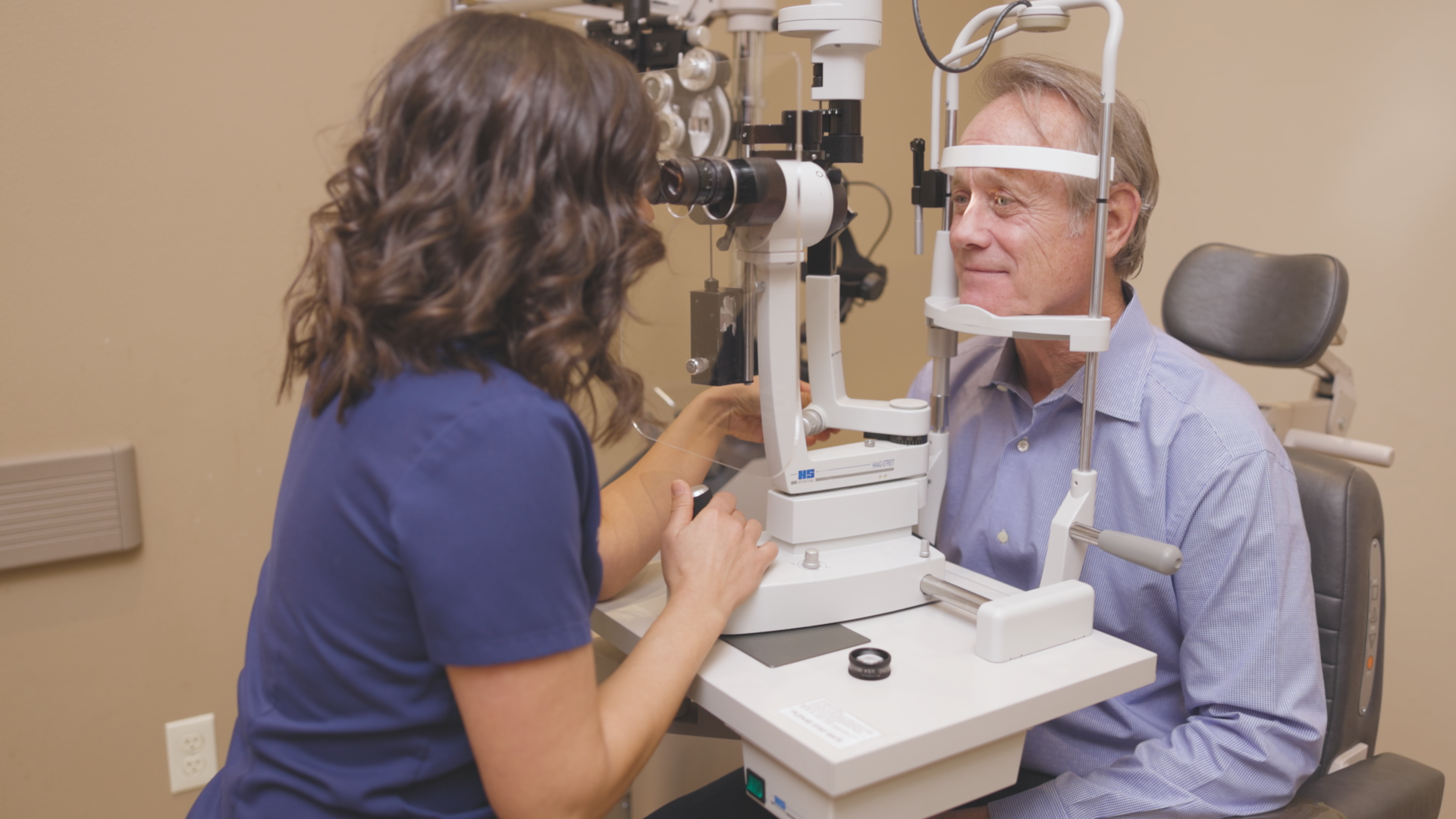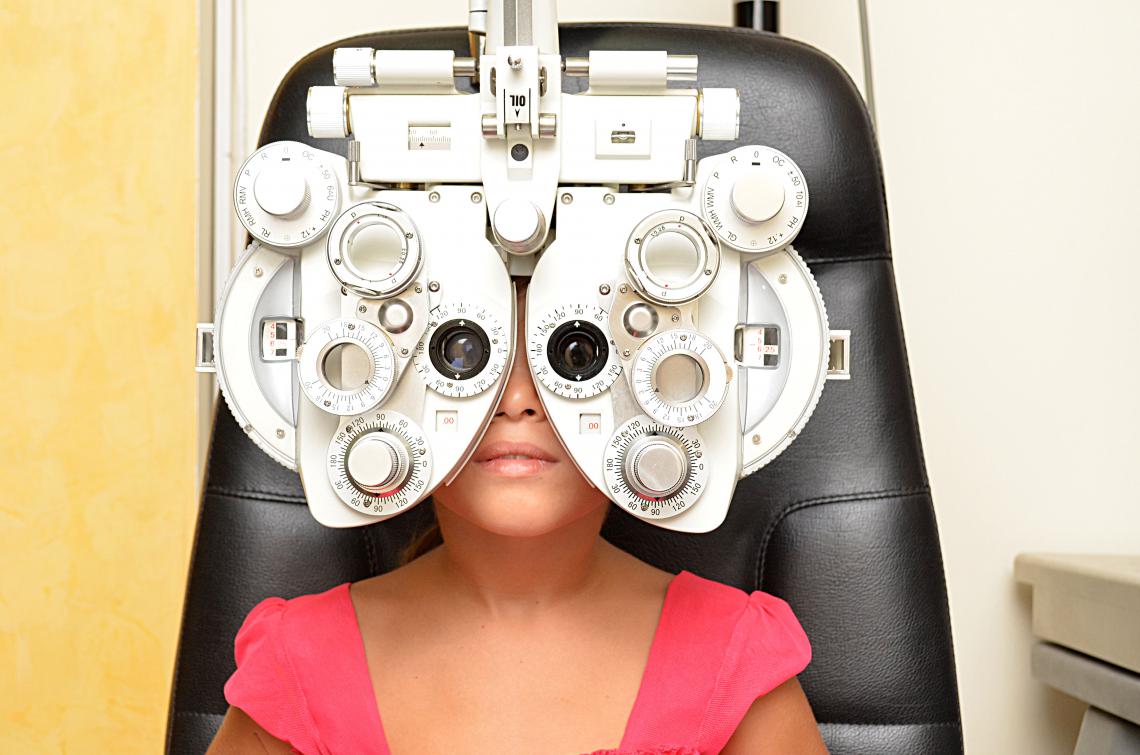Discover a Trusted Optometrist Chino for Household Eye Treatment Solutions
Discover a Trusted Optometrist Chino for Household Eye Treatment Solutions
Blog Article
Comprehending the Comprehensive Duty of an Eye Doctor in Modern Eye Care
With developments in technology and an increasing focus on precautionary care, eye doctors are important in diagnosing and taking care of chronic eye problems, while likewise involving in early disease discovery. Exactly how do these obligations converge with their function in promoting overall eye health, and what does this mean for patient outcomes in a joint health care environment?
Expanded Scope of Technique
Over the last few years, the function of eye doctors has developed dramatically, with several experts currently embracing an increased scope of technique that prolongs beyond typical eye evaluations. This development mirrors the growing acknowledgment of optometrists as key health care companies in the area of eye care. Their duties now incorporate a wide variety of services, consisting of recommending medicines for eye conditions, managing chronic eye illness, and doing small operations. This shift has been driven by developments in optometric education and learning, boosted clinical training, and the raising demand for comprehensive eye care solutions, specifically in underserved locations.
Additionally, optometrists are now more included in collaborative treatment, working closely with eye doctors, health care medical professionals, and various other health care experts to ensure all natural individual care. This interprofessional cooperation is important in managing intricate situations that require a multidisciplinary strategy. Furthermore, optometrists are playing a pivotal duty in public health campaigns, such as vision screenings and eye health education and learning, targeted at improving neighborhood health outcomes.
The expanded extent of technique for optometrists not just enhances their capability to provide thorough care yet also resolves the growing need for available and reliable eye care solutions, adding to general medical care improvements.
Very Early Illness Discovery
Early detection of eye illness is increasingly ending up being a centerpiece in the broadened duty of eye doctors. As key eye care service providers, eye doctors are uniquely positioned to determine very early indicators of ocular problems such as glaucoma, macular deterioration, diabetic retinopathy, and cataracts. This critical function is critical, as early diagnosis can substantially boost the management and prognosis of these conditions, potentially stopping vision loss and boosting person outcomes.
Eye doctors utilize thorough eye examinations to discover refined changes in vision and eye health. These evaluations commonly consist of analyses of aesthetic skill, intraocular pressure, and retinal health and wellness. The capacity to recognize very early indications of systemic health and wellness issues, such as high blood pressure and diabetic issues, via ocular indications better highlights the significance of routine eye check-ups. Early treatment is not just advantageous in protecting vision however additionally in reducing healthcare expenses connected with innovative illness treatments.
In addition, optometrists play a vital duty in client education, highlighting the value of routine eye assessments as part of total health and wellness upkeep. By fostering an aggressive method to eye treatment, optometrists add substantially to public health, making sure diseases are captured and managed successfully before they can progress.
Advanced Diagnostic Strategies
Advanced analysis methods have revolutionized the technique of optometry, making it possible for practitioners to find and monitor eye diseases with unmatched precision. These developments have actually transformed the optometric landscape, permitting extra sophisticated evaluation and treatment techniques. Technologies such as optical comprehensibility tomography (OCT) provide high-resolution, cross-sectional images of the retina, assisting in very early detection of conditions like glaucoma and macular degeneration. This non-invasive method has actually come to be important in modern-day optometry, supplying detailed insights right into retinal layers.
One more essential advancement is digital retinal imaging, which records comprehensive sights of the retina using high-def electronic cameras. This technology is essential in determining modifications in retinal structure over time, thereby aiding in the monitoring of problems like diabetic person retinopathy. Aesthetic field testing, enhanced by computer-aided systems, enables precise mapping of a patient's line of vision, important in diagnosing and tracking glaucoma development.
Corneal topography, one more noteworthy diagnostic tool, produces topographic maps of the cornea's surface. This is particularly helpful in fitting get in touch with lenses and preparing refractive surgical treatment. These advanced analysis methods jointly allow optometrists to provide aggressive, targeted treatment, guaranteeing better person results and reinforcing their essential function in eye health monitoring.
Handling Persistent Eye Conditions
Managing persistent eye conditions is a keystone of optometric care that calls for a detailed understanding of various eye illness and their long-lasting effects. Optometrists play a pivotal function in diagnosing, handling, and tracking problems such as glaucoma, diabetic retinopathy, and age-related macular deterioration. These conditions, if left without treatment, can lead to substantial aesthetic impairment or loss of sight, highlighting the important value of ongoing care and monitoring.
Optometrists utilize a variety of diagnostic tools, including optical coherence tomography (OCT), visual area screening, and fundus digital photography, to evaluate the progression of these persistent problems. By very closely checking changes in ocular health and wellness, optometrists can change therapy strategies to alleviate illness progression. This might entail suggesting medications, advising lifestyle adjustments, or coordinating with click here to read ophthalmologists for surgical interventions when needed.

Duty in Preventive Care
Preventive treatment is an essential aspect of optometry that concentrates on keeping eye health and stopping the beginning of ocular conditions. Optometrists play an important function in very early discovery and prevention, using routine eye evaluations to identify danger factors and refined changes in eye wellness. Eye Doctor Optometrist. These assessments are not merely regarding vision adjustment yet incorporate a detailed assessment of eye features and structures, allowing the identification of conditions such as glaucoma, cataracts, and macular degeneration at an onset
Along with diagnostics, optometrists enlighten patients on way of life choices that promote eye health and wellness, such as proper nutrition, UV security, and the value of normal eye check-ups. They suggest on the correct use electronic devices to stop digital eye stress, an expanding worry in the electronic age. Optometrists additionally provide support on protective glasses for entertainment and work-related tasks, mitigating the risk of injury.
Precautionary eye treatment includes systemic health and wellness problems that show up in the eyes, such as browse this site diabetes and hypertension. By working together with other healthcare experts, optometrists add to all natural client care, stressing the interconnectedness of systemic and ocular health. This positive technique is important in guarding aesthetic acuity and overall well-being.
Final Thought
Optometrists now occupy an essential duty in modern eye care, characterized by an expanded scope that consists of detecting and taking care of persistent eye problems, suggesting drugs, and performing small operations (Opticore Optometry). Their proficiency in early illness detection is improved by sophisticated diagnostic methods such as optical coherence tomography and digital retinal imaging. By emphasizing preventive care and person education and look at these guys learning, eye doctors contribute considerably to overall eye health, collaborating with other medical care experts to make sure effective and extensive client outcomes

In enhancement to diagnostics, optometrists educate people on lifestyle options that advertise eye health and wellness, such as correct nutrition, UV security, and the significance of routine eye check-ups.Precautionary eye treatment extends to systemic health and wellness concerns that manifest in the eyes, such as diabetes mellitus and hypertension.Optometrists currently occupy a critical duty in modern eye care, defined by an increased scope that includes diagnosing and taking care of persistent eye conditions, recommending medicines, and executing minor surgical treatments.
Report this page